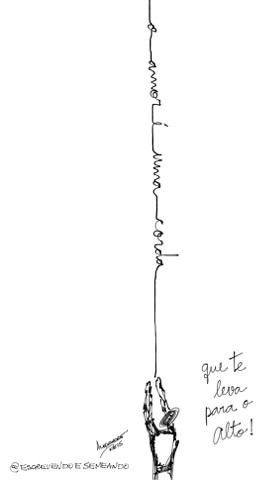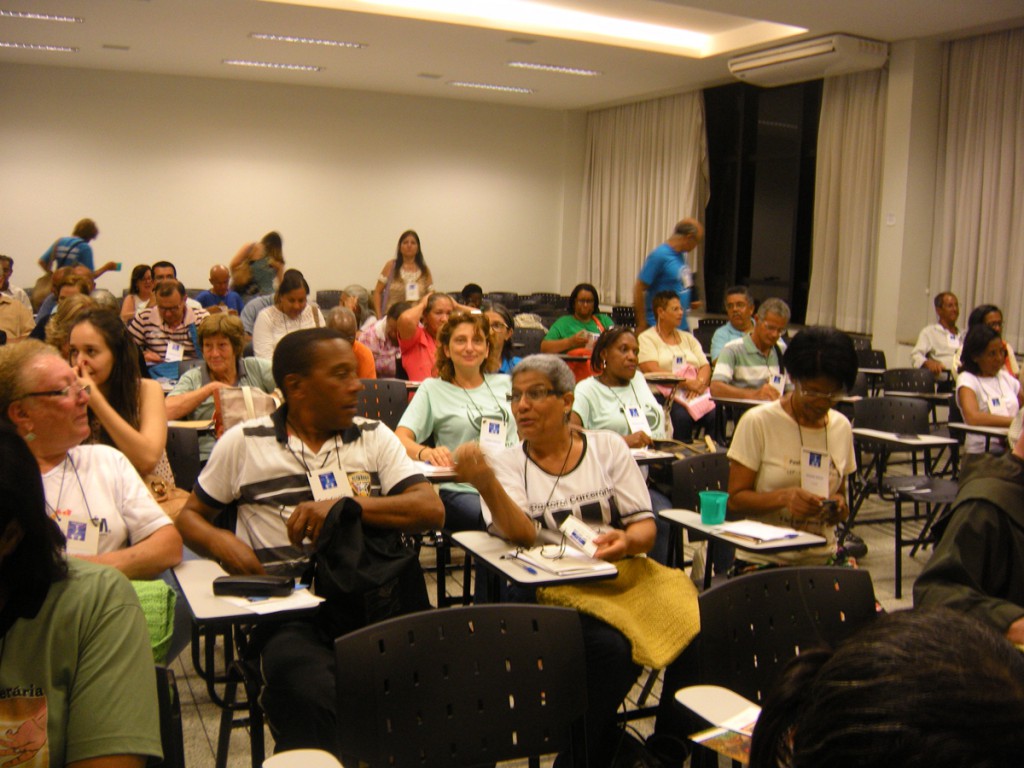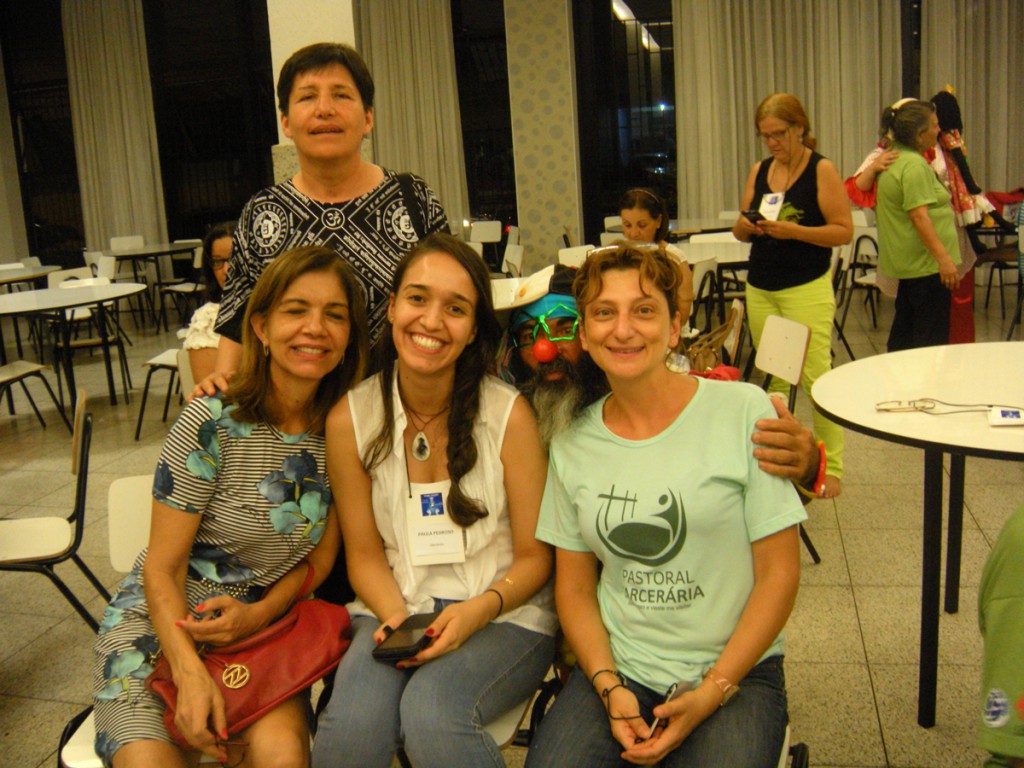 Beautiful, is truly beautiful the catechesis I am doing with the prisoners. It has just started, but it is doing well and every time I go deeply in love, in fact, we are all passionate. It is a time of sharing, searching the depths of the soul.
Beautiful, is truly beautiful the catechesis I am doing with the prisoners. It has just started, but it is doing well and every time I go deeply in love, in fact, we are all passionate. It is a time of sharing, searching the depths of the soul.
This desire to be on the way to understand … to understand each other … to meet God.
We walked with stones in the heart, hard, heavy; we gradually try to scratch them, to make them small as pebbles, which can be removed from the shoe. Up to now, there are six prisoners who are part of the group and that is good, because the smaller group the easiest is to speak because of the intimacy that is created to say the important and difficult things in life. I am also very happy to have the opportunity to be among them without iron bars or divisions, sitting in a circle, in a space that helps to have proximity. It is important to be close, eye contact, listen carefully, take their hand to pray and finally embrace to say THANK YOU. It takes an hour and a half or so. I forget being in a prison, I don´t remember the red uniform they wear. I forget the noise of the other prisoners. We are so immersed in the depth of what is shared which could apparently be the title of a book by Virginia Woolf: “our own room” and it is in fact a space just for them, a space for us. I like a path that works human recovery and self-discovery, leading to a personal growth inside and this applies not only for them but also to me. It is an exchange, a give and take as the dear old but still relevant Paulo Freire said: “no one teaches anyone, everyone learns from everybody”. We can learn from every person, also from prisoners and their stories, and I am grateful.
Emma, CLM.






